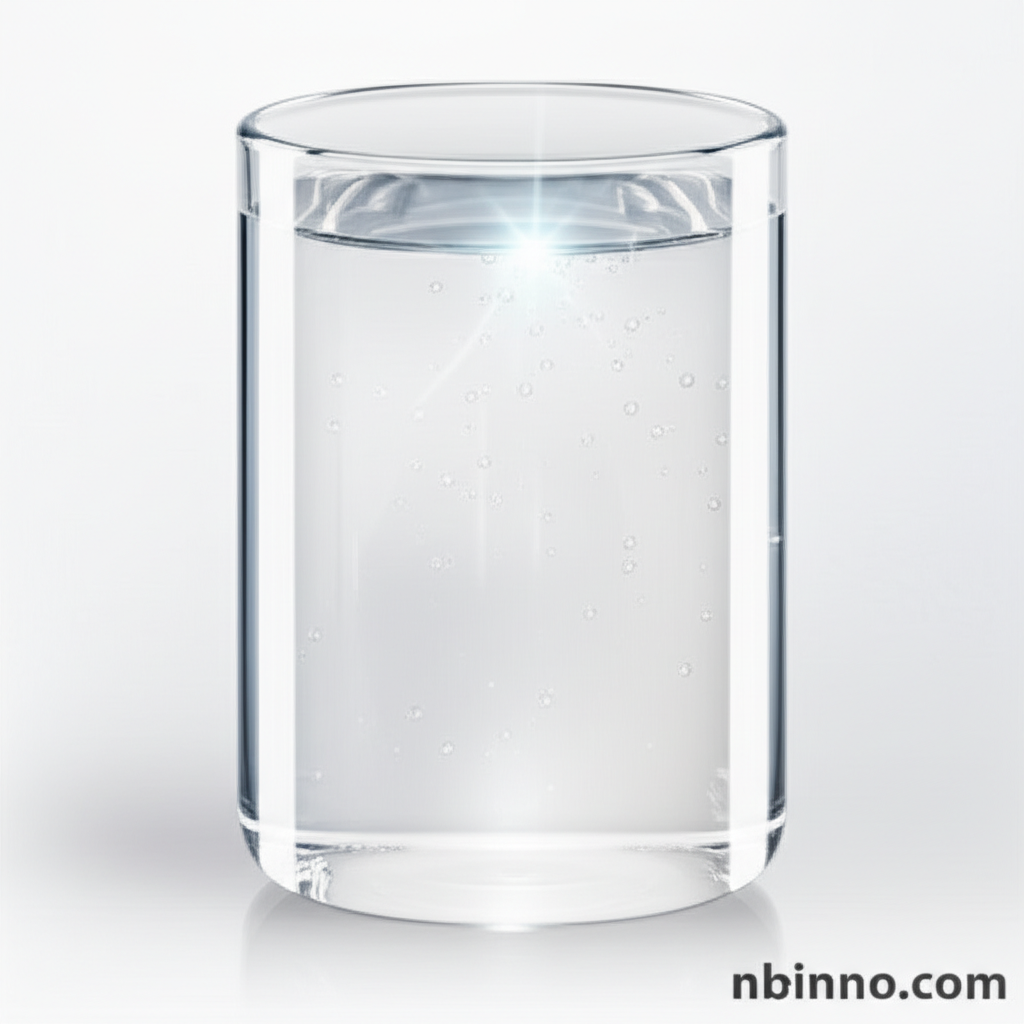Dibutyl Phthalate (DBP): A Versatile Industrial Plasticizer
Explore the key properties and diverse applications of Dibutyl Phthalate, a crucial chemical auxiliary for enhancing flexibility and performance in PVC and other industrial materials. Discover why it's a preferred choice for manufacturers seeking reliable plasticizer solutions.
Get a Quote & SampleProduct Core Value

Dibutyl Phthalate
Dibutyl Phthalate (DBP) stands out as a premium industrial-grade plasticizer, meticulously produced to ensure high purity and consistent performance. As a leading supplier in China, we provide DBP that significantly enhances the flexibility and processability of PVC and other resins. This compound is vital for applications requiring good softness, stability, and resistance, making it an indispensable component for manufacturers worldwide.
- Dibutyl Phthalate PVC plasticizer capabilities make it ideal for creating flexible PVC products that are durable and easy to work with in various manufacturing processes.
- As a versatile DBP plasticizer for paints and adhesives, it improves the workability, adhesion, and film-forming properties of coating and bonding formulations.
- We offer high-purity industrial grade DBP oil, ensuring that our clients receive a reliable chemical auxiliary that meets stringent quality standards for their sensitive applications.
- Understanding the fundamental Dibutyl Phthalate chemical properties is key to its effective utilization; its excellent solubility and gelation ability make it a preferred choice for many formulations.
Key Advantages of Dibutyl Phthalate
Enhanced Flexibility
Dibutyl Phthalate excels in imparting excellent flexibility and softening to PVC and other polymers, significantly improving product pliability and preventing brittleness, a critical aspect for applications like artificial leather.
Superior Stability and Resistance
The DBP plasticizer offers enhanced stability, flexural resistance, adhesion, and water resistance compared to other plasticizers, ensuring longer product lifespan and better performance in demanding environments.
Broad Compatibility
Dibutyl phthalate demonstrates good compatibility with a wide range of resins including nitrocellulose, polyvinyl acetate, and alkyd resins, making it a versatile choice for diverse formulations and product types.
Key Applications
PVC Products
The primary use of Dibutyl Phthalate is as a plasticizer for PVC, enabling the production of flexible materials used in floor and wall coverings, car interiors, and various consumer goods.
Paints & Coatings
DBP improves the film-forming properties and flexibility of paints and lacquers, ensuring a smooth finish and preventing cracking, which is crucial for protective and decorative coatings.
Adhesives & Sealants
In adhesives and sealants, Dibutyl phthalate enhances pliability and adhesion, contributing to the overall effectiveness and durability of bonding solutions across various industries.
Printing Inks & Artificial Leather
DBP is also utilized in printing inks for improved flow and in the manufacturing of artificial leather to impart a soft, pliable texture, enhancing the aesthetic and tactile qualities of the end products.
